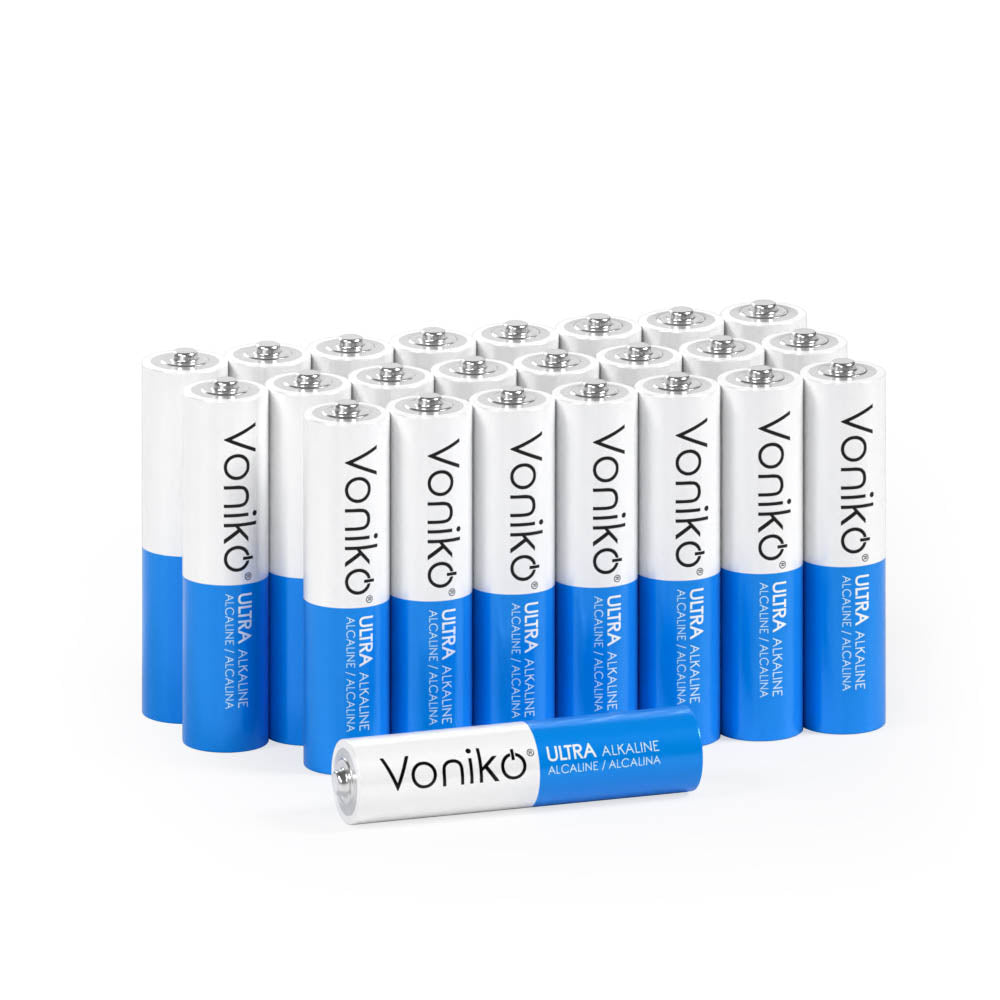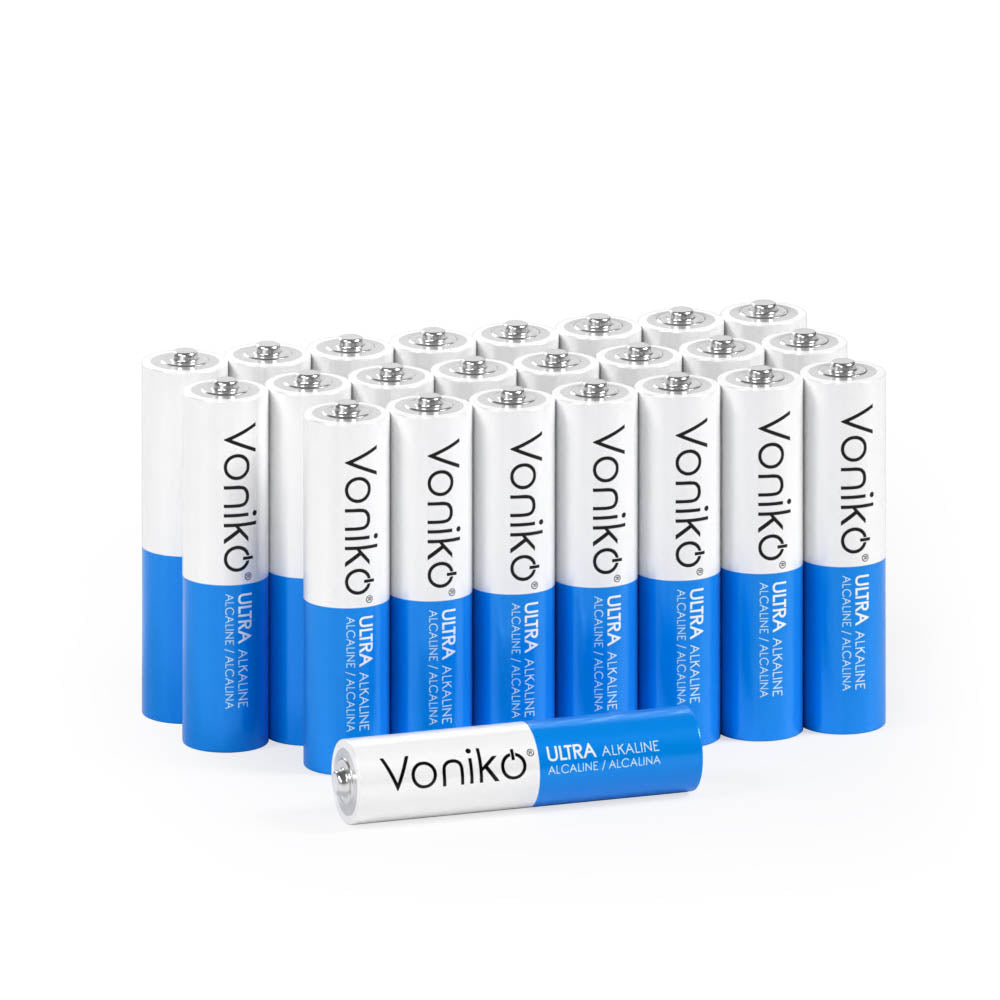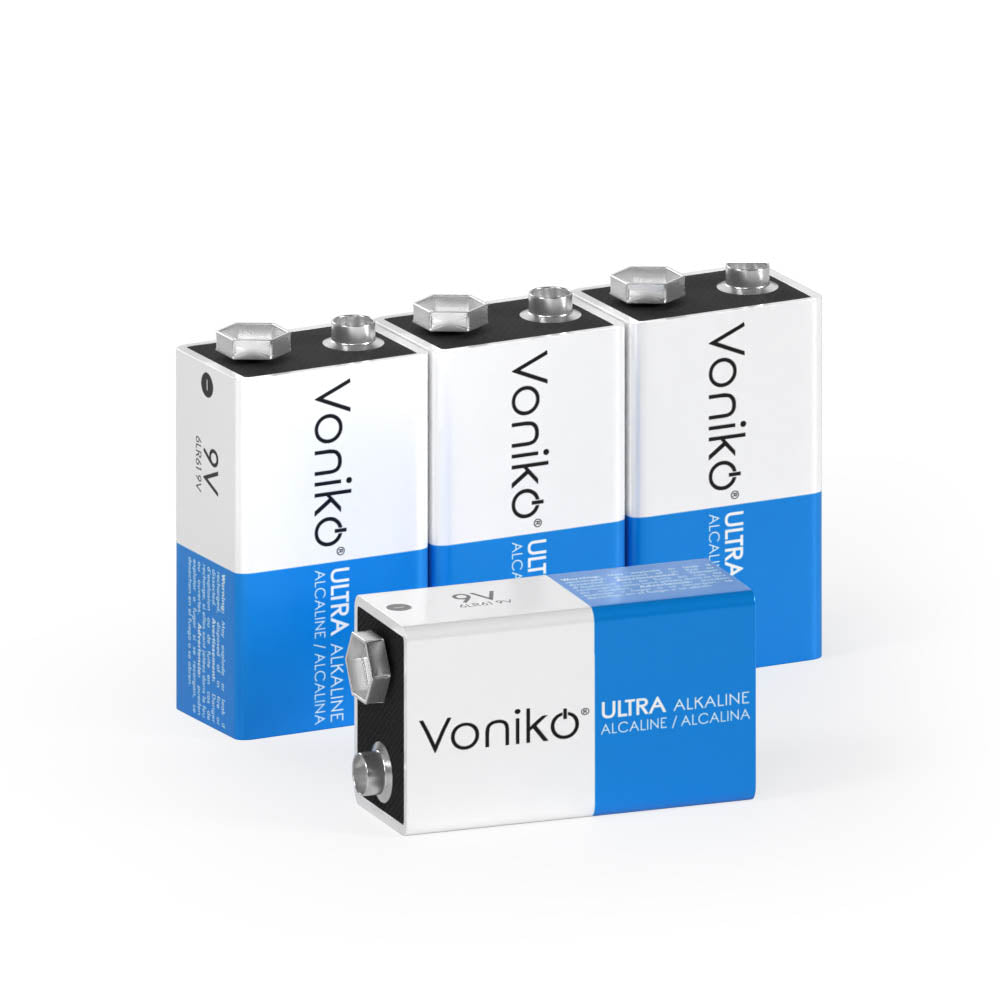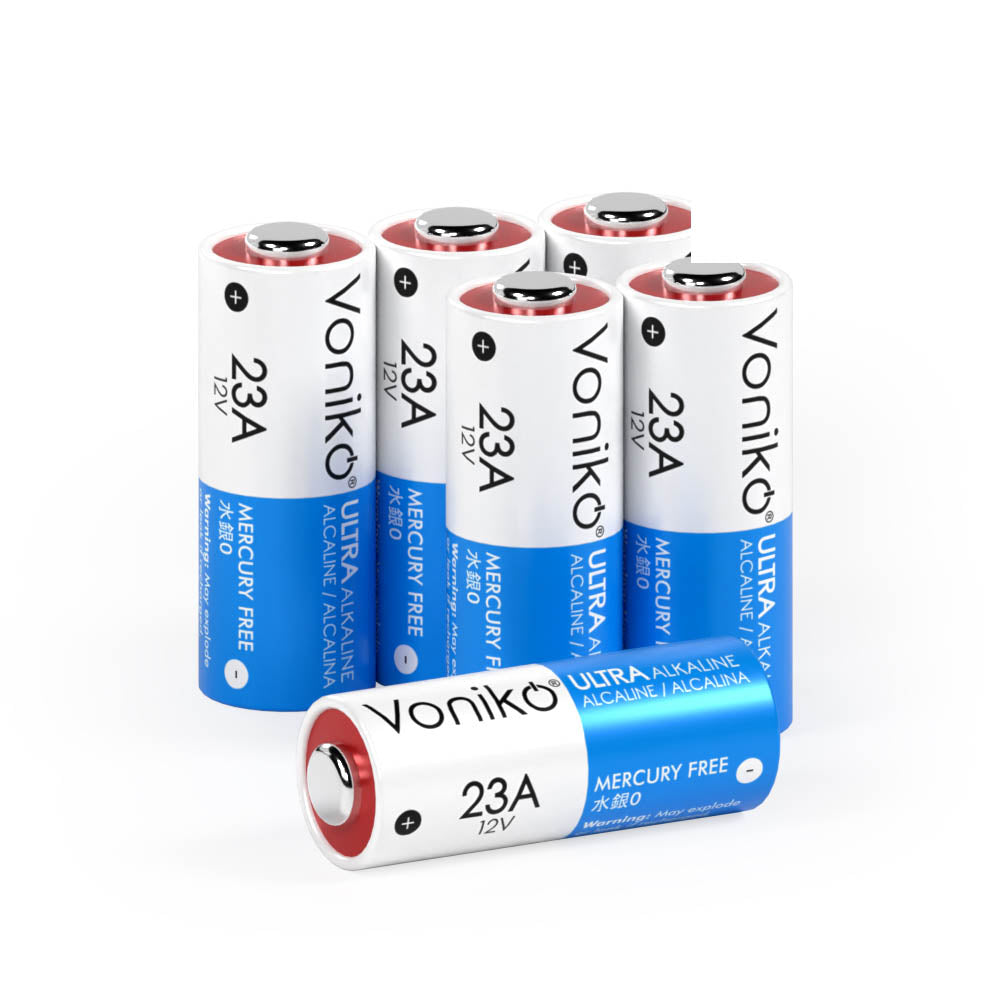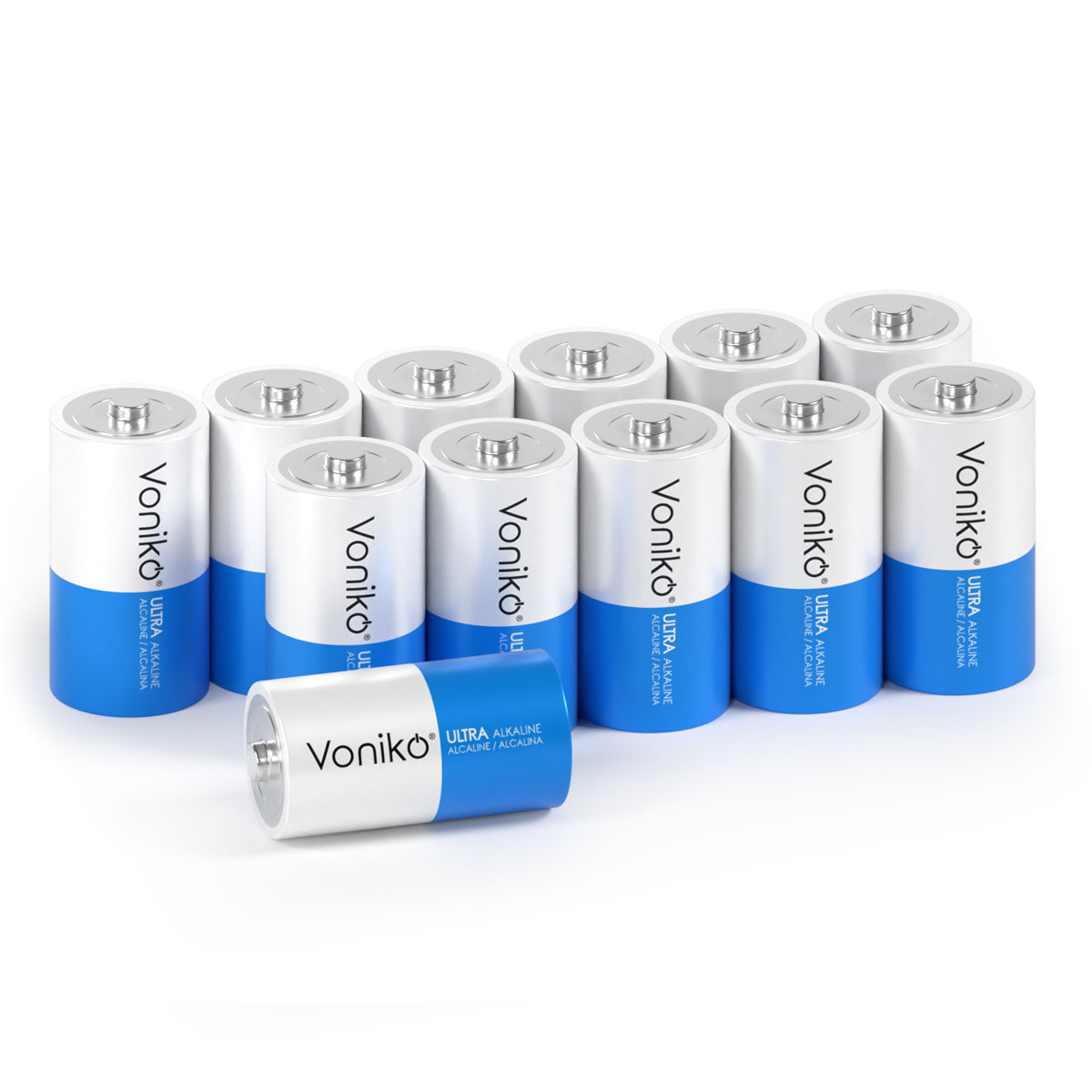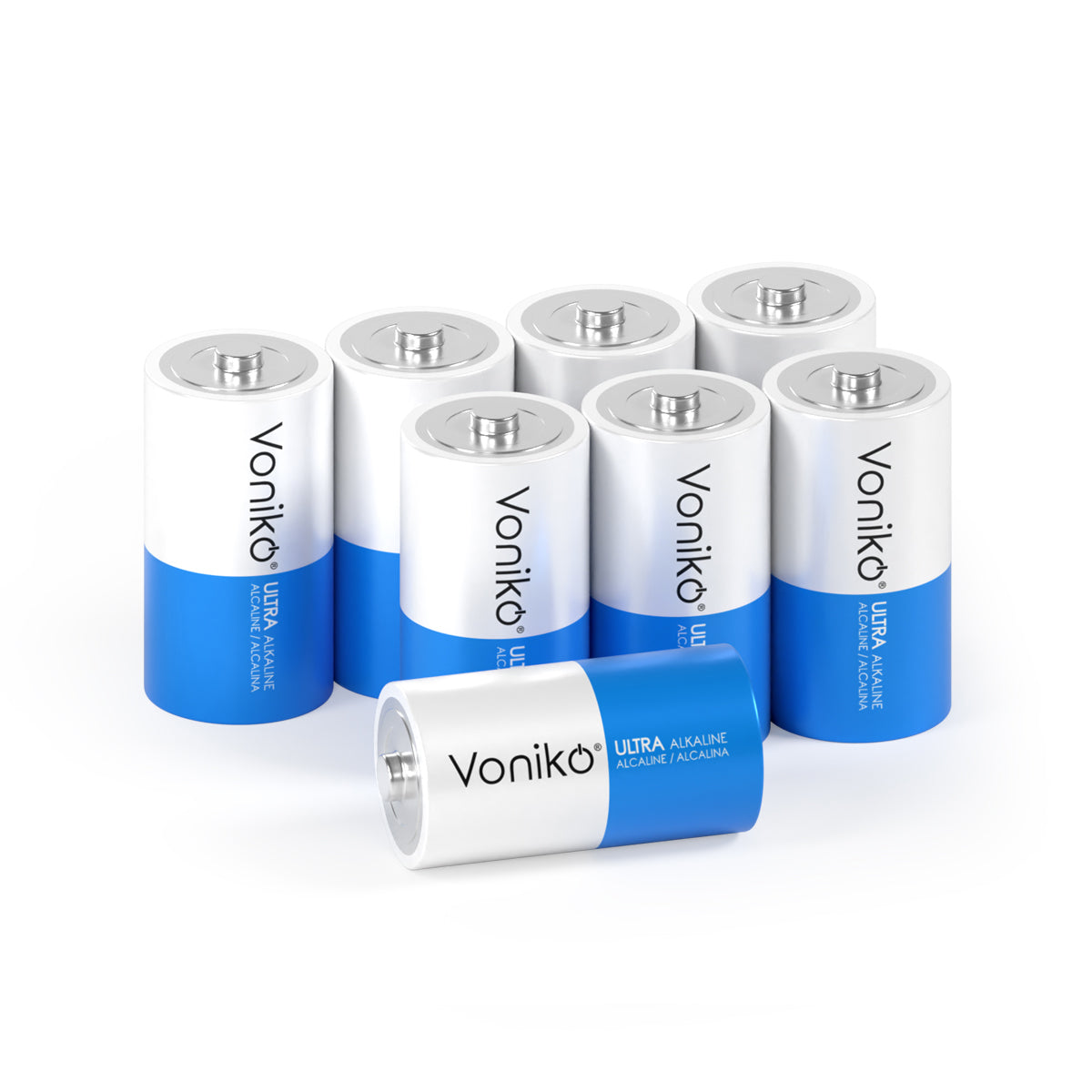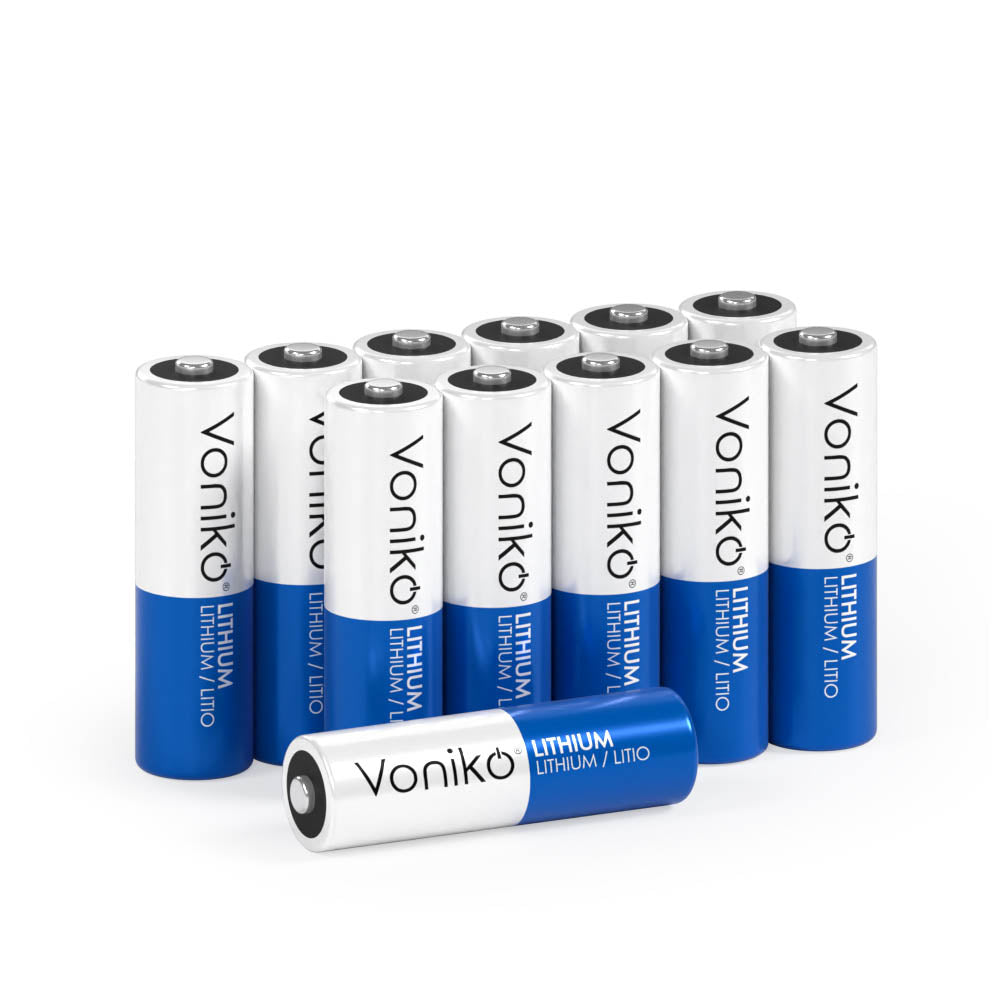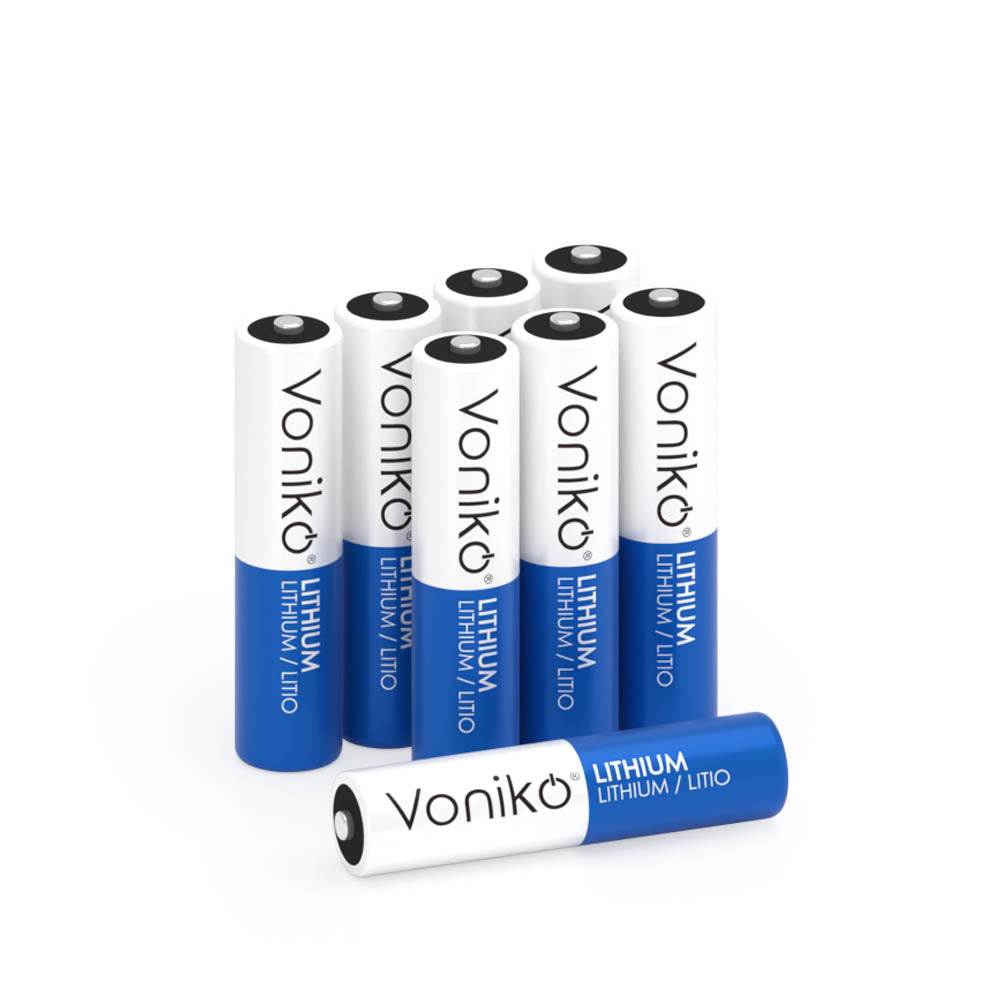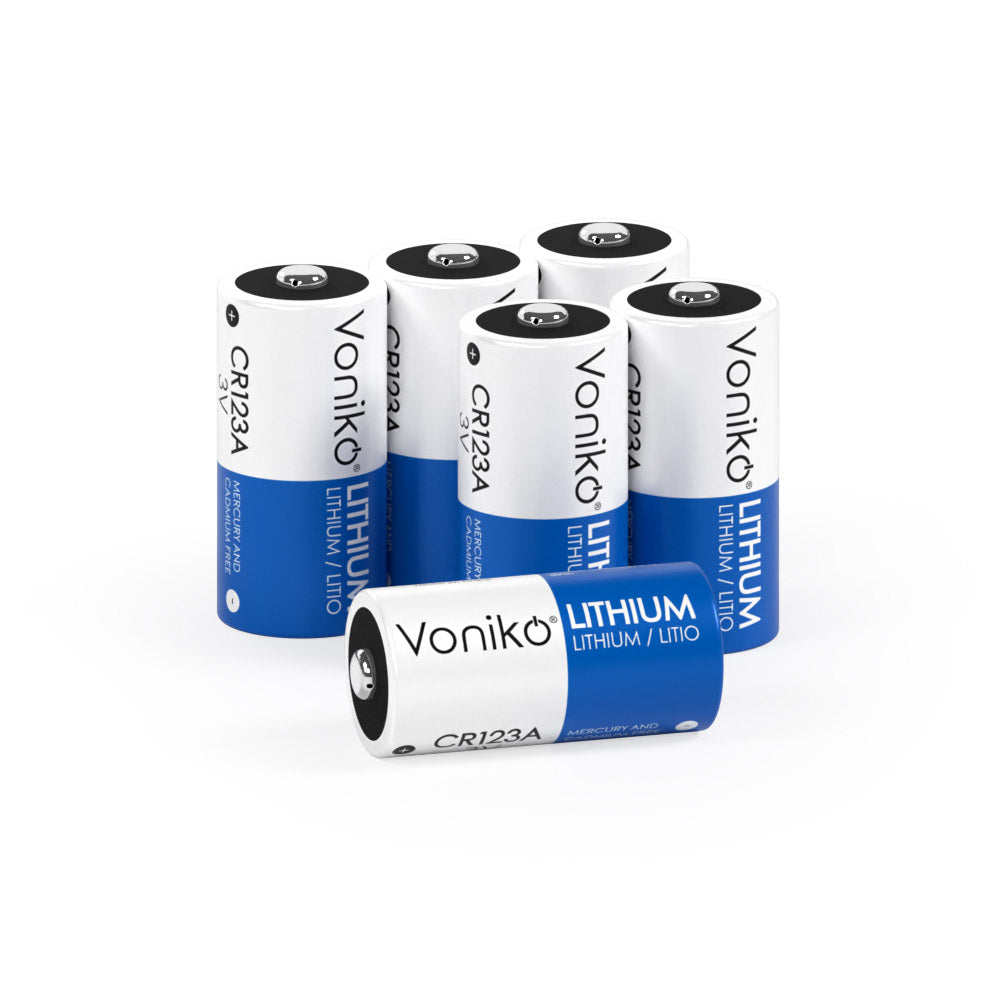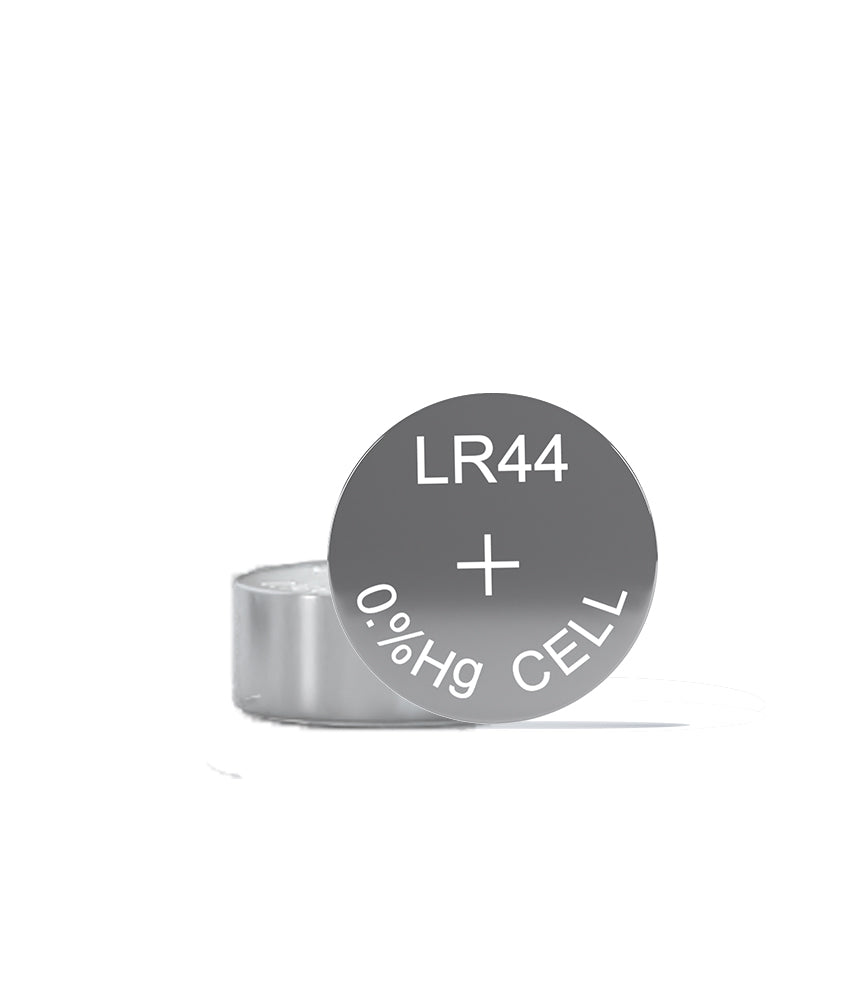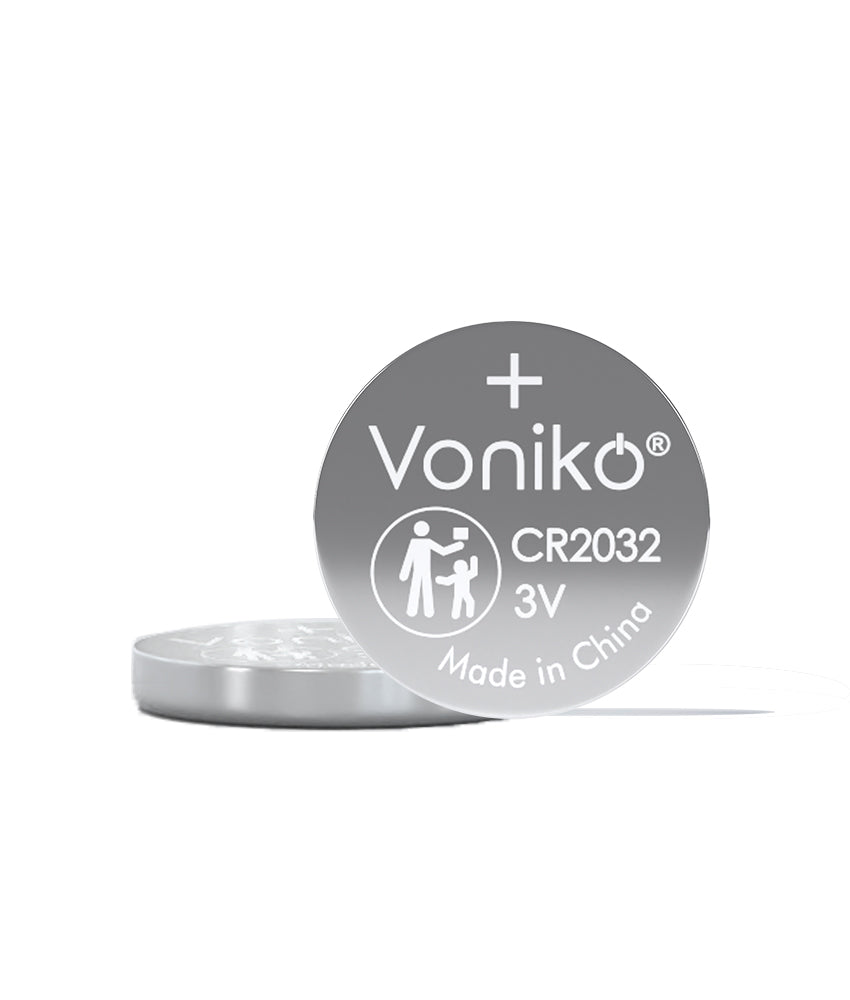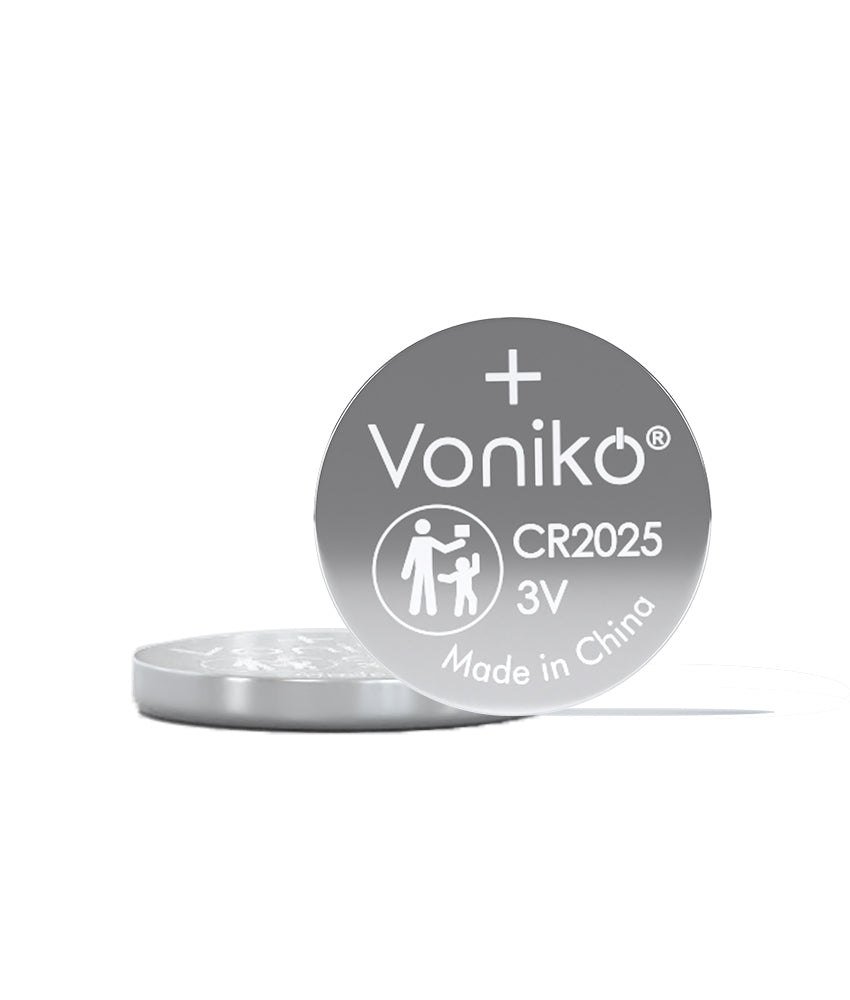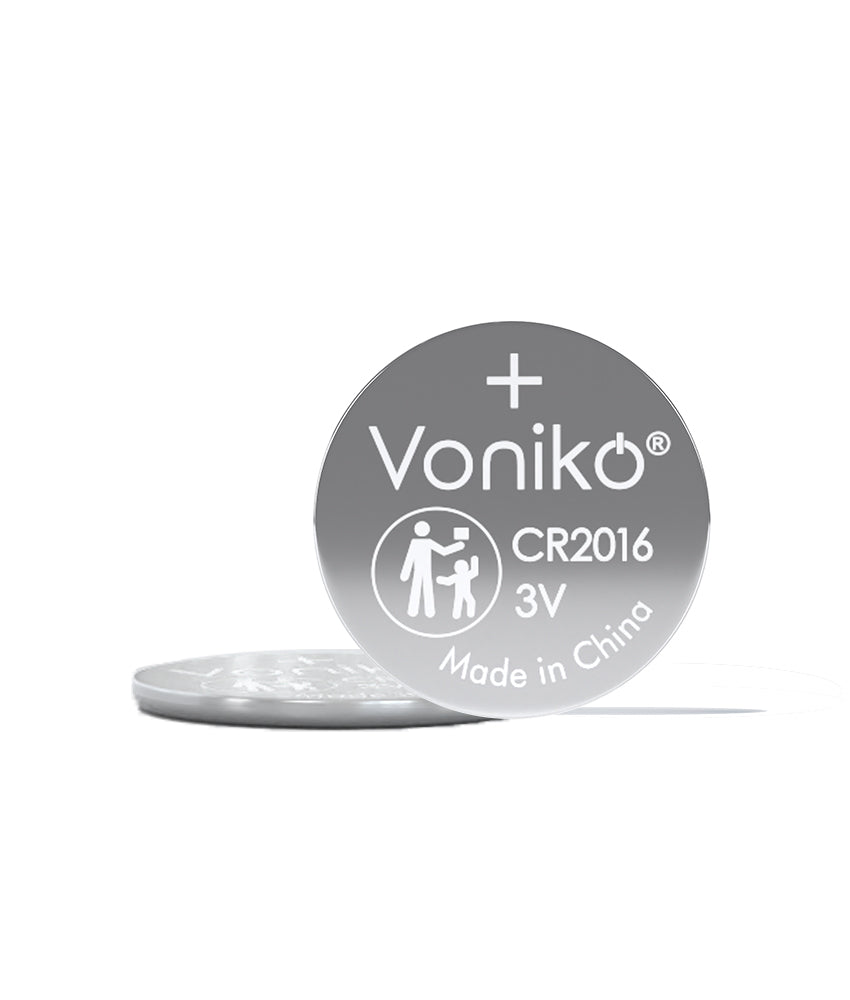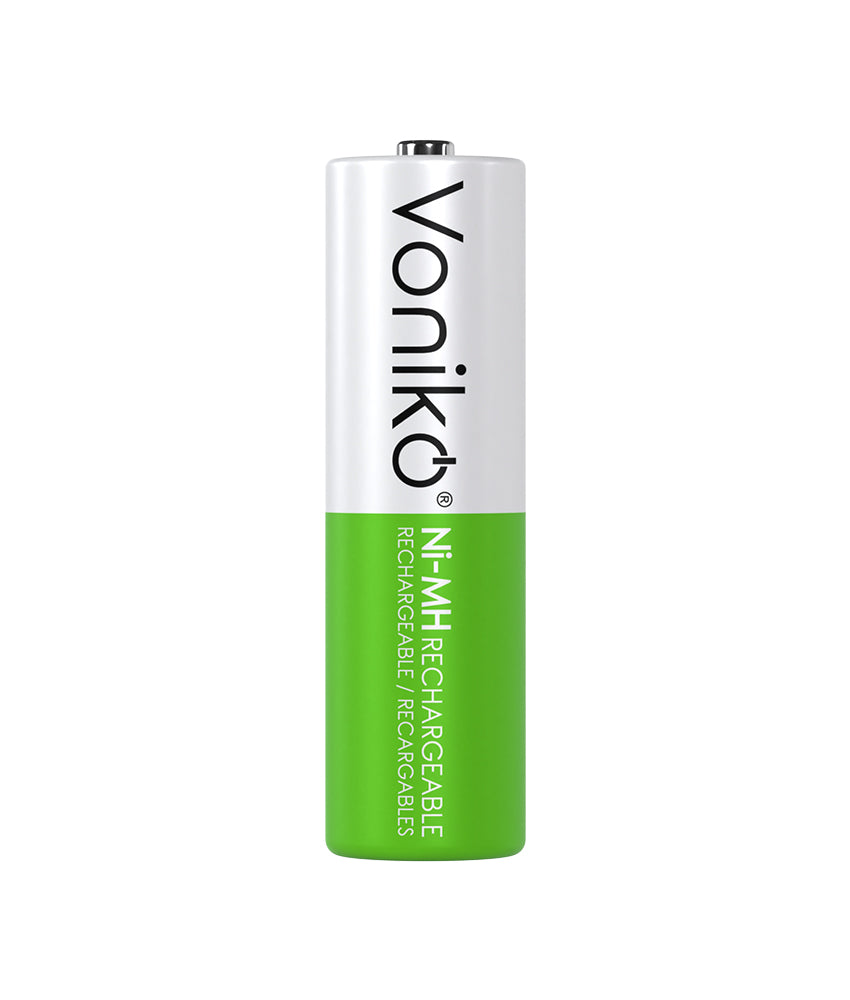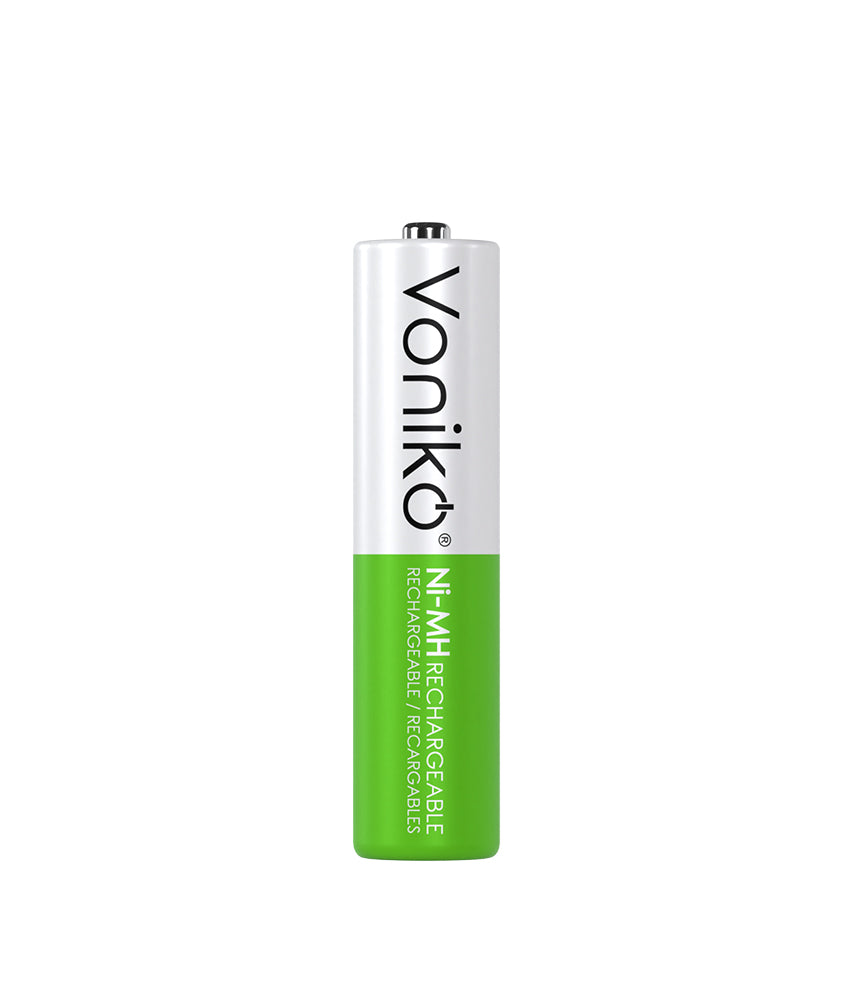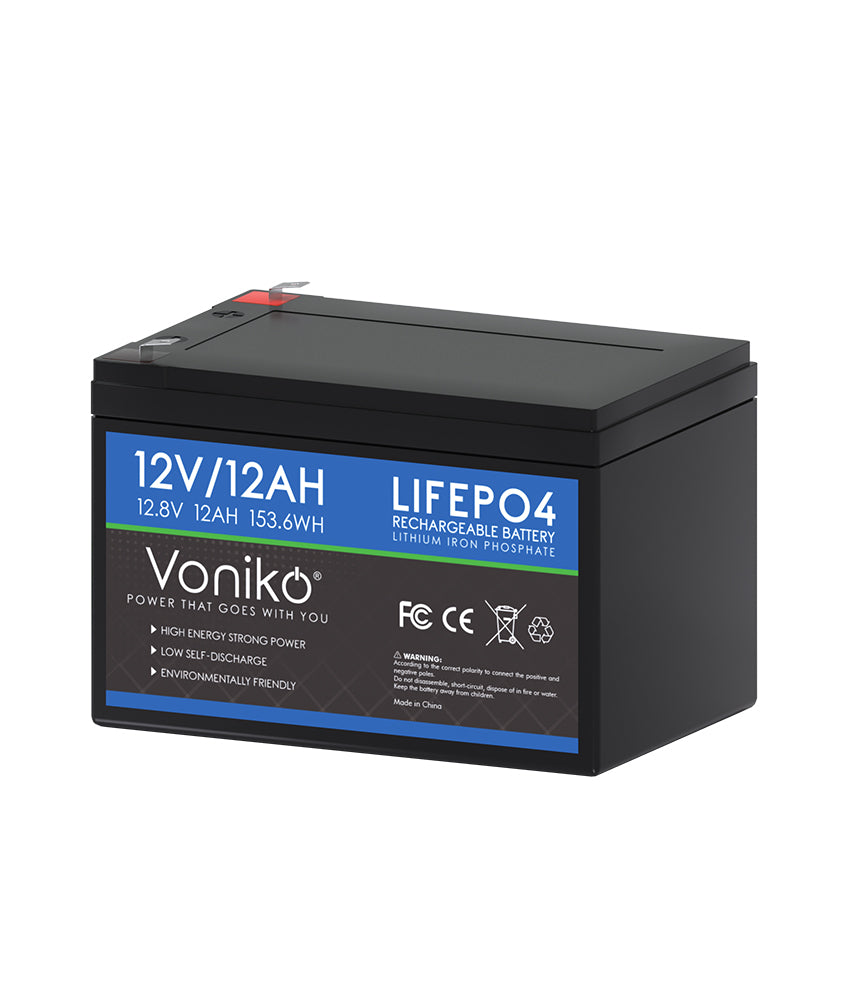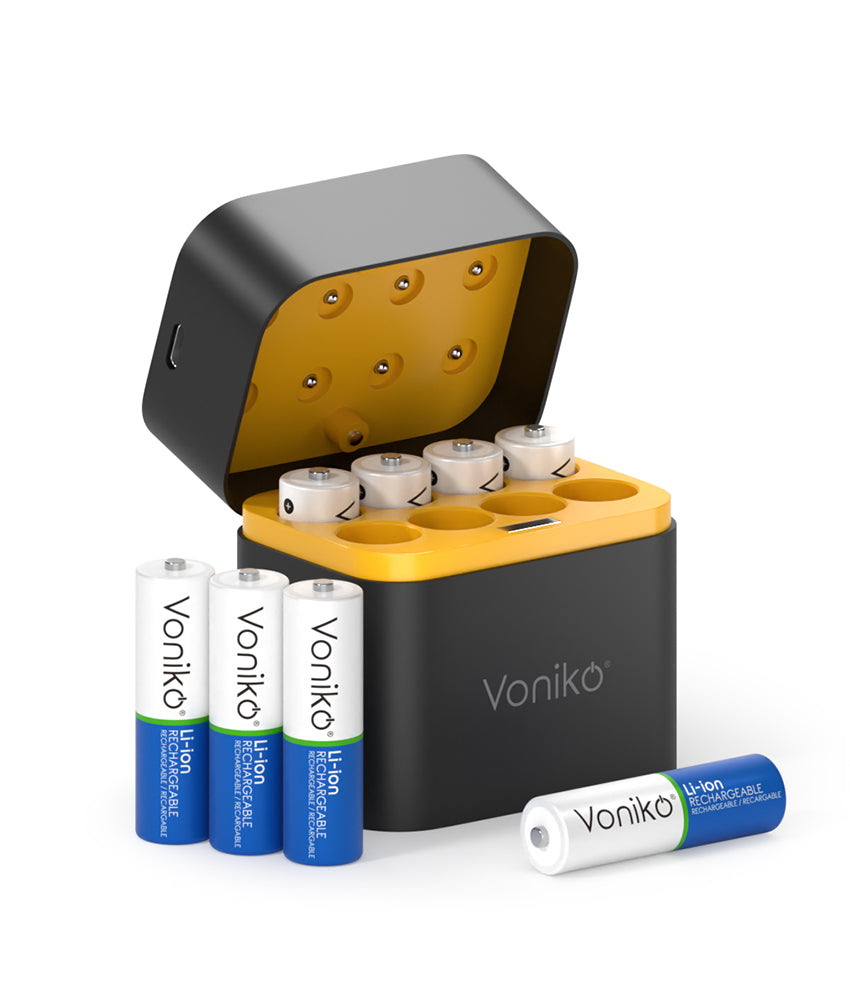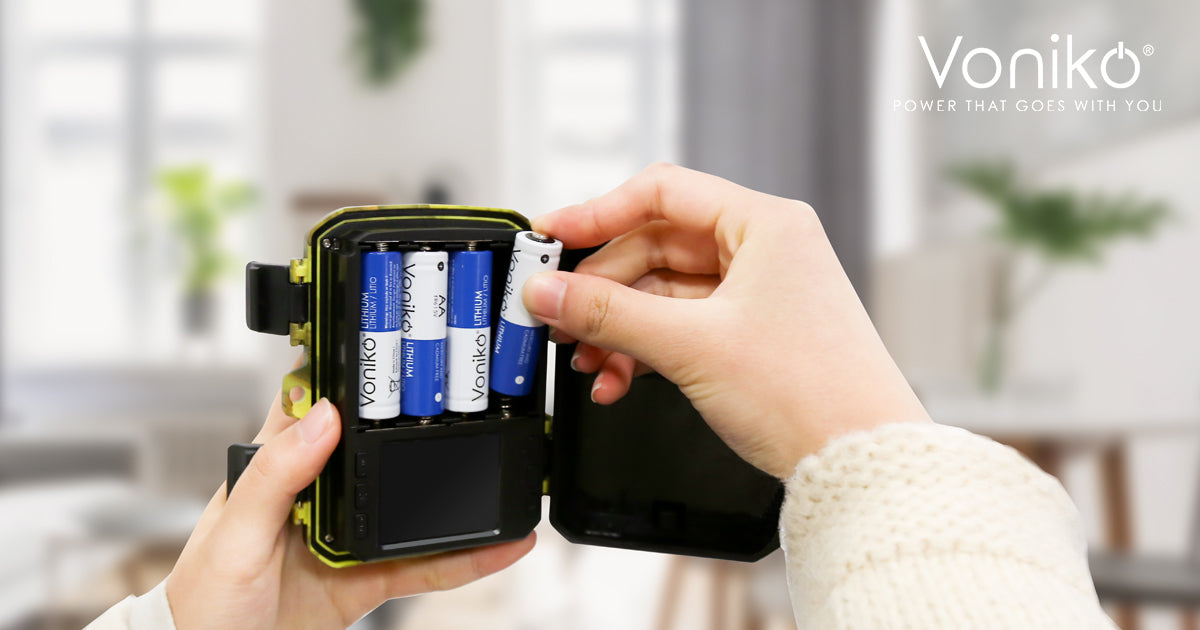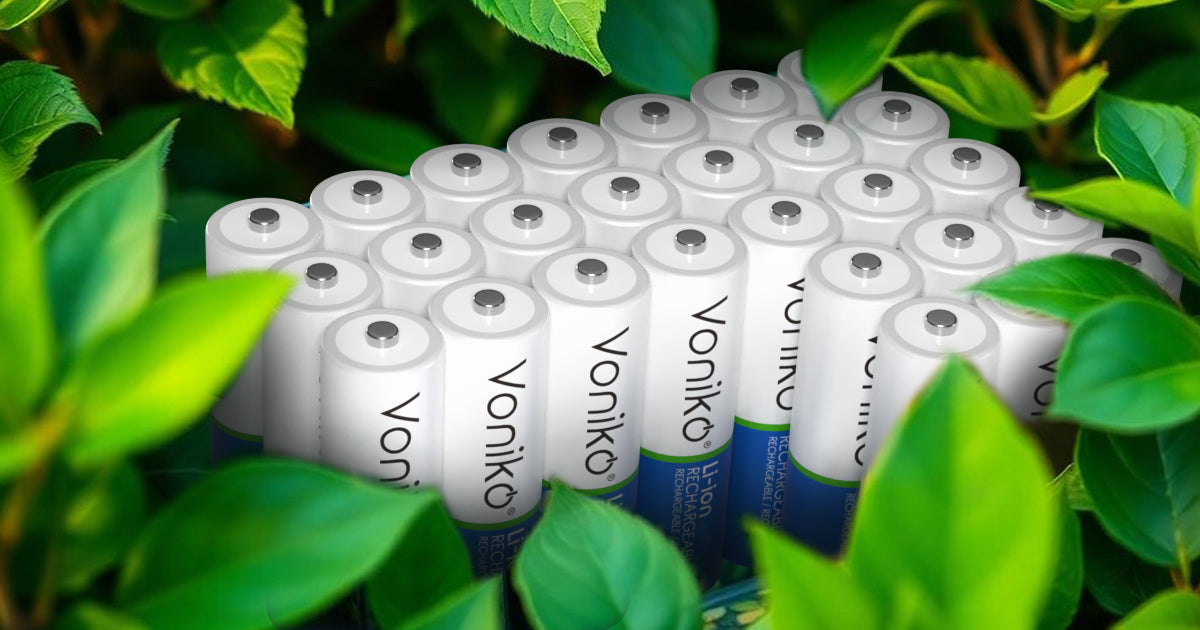Okay, so why should we even bother recycling batteries? It's not just some tree-hugging fad; it's actually pretty important. Batteries contain some nasty stuff that can leach into the environment if they're just tossed in the trash. Think about it: heavy metals, corrosive acids – things you definitely don't want seeping into the soil and water. Plus, recycling reclaims valuable materials, which reduces the need to mine for new ones. It's a win-win, really. I mean, who wants to drink water that tastes like battery acid? Not me.
Environmental Risks of Improper Disposal

Seriously, the risks are real. When batteries end up in landfills, those harmful substances I mentioned? They can contaminate groundwater, which then affects everything from drinking water to wildlife. And it's not just a local problem; it can spread. Plus, there's the fire hazard. Lithium-ion batteries, in particular, can cause fires in waste facilities. Imagine the toxic fumes released during a battery fire – not something you want to be downwind from. It's like a mini-apocalypse in a garbage dump. Here's a quick rundown:
- Groundwater contamination from heavy metals and acids.
- Soil pollution affecting plant life and agriculture.
- Air pollution from battery fires releasing toxic fumes.
- Risk to human health through contaminated water and food.
Overview of Battery Types
Alright, let's break down the different types of batteries we're talking about. You've got your standard alkaline batteries (like AAs and AAAs), which are pretty common. Then there are lithium-ion batteries, found in phones, laptops, and power tools. Lead-acid batteries are used in cars, and button cell batteries power watches and small electronics. Each type has its own chemical makeup and, therefore, its own set of environmental concerns. For example, lead acid batteries are almost entirely recyclable, with over 70% of the battery's weight being reusable lead. And, of course, each type requires a slightly different approach to recycling. It's not a one-size-fits-all kind of deal. Here's a simple table to illustrate:
| Battery Type | Common Uses | Key Environmental Concerns |
|---|---|---|
| Alkaline | Flashlights, remote controls | Potential for heavy metal leaching, though relatively low risk |
| Lithium-Ion | Phones, laptops, power tools | Fire hazard, contains valuable but finite resources like lithium and cobalt |
| Lead-Acid | Cars, backup power supplies | Lead contamination if not properly recycled |
| Button Cell/Coin | Watches, small electronics | Mercury and other heavy metal contamination |
Recycling Alkaline Batteries Effectively
Local Regulations on Alkaline Batteries
Okay, so alkaline batteries – your AAs, AAAs, Cs, Ds – they're everywhere. For a long time, people just tossed them in the trash without a second thought. But things are changing, and it's important to know what the rules are where you live. Some areas still allow you to throw them away, while others have strict recycling programs. It really depends on your local and state regulations. California, for example, considers all batteries hazardous waste. You should check your local waste management website or call your city hall to get the specifics for your area. They can tell you if you can toss them, or if you need to find a designated drop-off location.
Recycling Options Available
So, you've figured out you can't just chuck those dead batteries in the trash. What now? Well, there are a few options. Some stores that sell batteries are required to take them back for recycling. Big box stores sometimes have collection bins near the entrance. Also, there are mail-in recycling programs. You buy a special kit, fill it with your dead batteries, and then mail it back to the recycling center. Call2Recycle is one company that provides these kits. The fees vary depending on the kit size and the company you choose. Here's a quick rundown:
- Retail Drop-off: Check with local stores.
- Mail-in Programs: Purchase a recycling kit.
- Municipal Programs: Some cities offer collection events.
Best Practices for Disposal
Even if your area allows you to throw away alkaline batteries, recycling is always the better option. It helps recover valuable materials like zinc and manganese. Plus, it keeps harmful stuff out of landfills. Here's what you should do:
- Collect: Keep a container specifically for dead batteries.
- Store: Store batteries in a cool, dry place.
- Check: Before recycling, check for any specific instructions from your local recycling program. Some programs might have restrictions on the types of batteries they accept. Also, it's a good idea to put tape on the terminals of 9-volt batteries to prevent fires. By following these simple steps, you can make sure you're disposing of batteries responsibly.
Handling Lithium-Ion Batteries Safely
Lithium-ion batteries are everywhere these days, powering our phones, laptops, and even cars. But what happens when they reach the end of their life? It's super important to handle them with care and recycle them properly. I mean, we don't want any fires or environmental damage, right?
Where to Recycle Lithium-Ion Batteries
Okay, so you've got a dead lithium-ion battery. Don't just toss it in the trash! Many electronics retailers, like Best Buy and Staples, offer free recycling programs for these batteries. Also, check with your local waste management company; they often have drop-off locations or special collection events. You can also look for local collection programs near you. Auto shops and battery retailers are also good options. Seriously, there are plenty of places that will take them!
Risks of Improper Disposal
Improperly disposing of lithium-ion batteries can be a real hazard. These batteries contain materials that can be toxic if they leak into the environment. Plus, they can cause fires. Lithium batteries are considered hazardous waste due to their flammable and reactive properties. Here's a quick rundown:
- Fire Hazard: Damaged or short-circuited batteries can overheat and ignite.
- Environmental Contamination: Toxic metals like cobalt and nickel can leach into the soil and water.
- Safety Risks: Landfill fires are difficult to extinguish and can burn for years.
Preparing Lithium-Ion Batteries for Recycling
Before you take your lithium-ion batteries in for recycling, there are a few things you should do to make them safe. First, tape the battery terminals with non-conductive tape (like electrical tape). This helps prevent short circuits. Also, try to store the batteries in a cool, dry place until you can recycle them. It's also a good idea to fully discharge lithium batteries before recycling to consume the lithium content. This reduces the risk of fire during transport and processing.
Recycling Lead Acid Batteries Responsibly
Legal Requirements for Lead Acid Disposal
Okay, so when it comes to lead acid disposal, there are some pretty serious rules in place. It's not just about tossing them in the trash. Because lead is, you know, toxic, governments have stepped in to make sure these batteries are handled properly. These regulations often include mandatory recycling programs and hefty fines for improper disposal. You'll find that businesses dealing with these batteries, like auto shops, have to follow strict guidelines for storage, transportation, and recycling. Ignoring these rules can lead to some serious legal trouble, so it's worth knowing what's up in your area.
Recycling Locations for Lead Acid Batteries
Finding a place to recycle your old lead acid battery is usually pretty easy. Auto parts stores are a great option. Many of them will take your old battery when you buy a new one. There are also dedicated battery recycling centers that specialize in handling all sorts of batteries, including lead acid. Scrap metal yards are another possibility, as they often accept lead acid batteries for their lead content. To find a convenient location, check online directories or contact your local waste management authority. They can point you to the nearest drop-off point or recycling facility.
Benefits of Lead Acid Battery Recycling
Recycling lead acid batteries is a big win for the environment. It keeps lead out of landfills, where it can contaminate soil and water. Plus, recycling lead is way more efficient than mining new lead. Over 50% of the lead supply comes from recycled batteries. The process is simple and cost-effective as lead is easy to extract and can be reused multiple times. This reduces energy consumption and pollution associated with mining. Recycling also creates jobs in the recycling industry and supports a circular economy, where materials are reused instead of wasted. It's a pretty good deal all around. Plus, battery recycling as a business is profitable!
Disposing of Button Cell and Coin Batteries
Hazards Associated with Button Cell Batteries
Button cell batteries, also known as coin batteries, are those small, round batteries you find in things like watches, calculators, hearing aids, and even some toys. They might seem harmless because of their size, but they can be really dangerous, especially if swallowed. These batteries can cause serious internal burns in just a couple of hours. Because they're small and shiny, kids are often attracted to them, which increases the risk of accidental ingestion. It's super important to keep these batteries out of reach of children. If a button battery is swallowed, seek immediate medical attention. The battery can get lodged in the esophagus and cause severe tissue damage. The chemicals inside, like mercury and silver, can also leak out and cause poisoning. So, yeah, these little guys are not to be messed with.
Recycling Options for Small Batteries
Okay, so you know these batteries are bad news if they end up in the wrong place. But how do you get rid of them responsibly? Luckily, there are a few options. Many electronics stores, like Best Buy, have battery recycling programs where you can drop off your used button cell batteries. Some hardware stores, like Home Depot, also offer this service through programs like Call2Recycle. Watch repair shops are another place to check; they often collect these batteries for recycling since they replace them regularly. The key is to not just toss them in the trash. These batteries contain hazardous materials that can leach into the environment if they end up in a landfill. Recycling ensures that these materials are handled properly and can even be recovered for reuse. Plus, it keeps those nasty chemicals out of our soil and water.
Local Collection Programs
Beyond the big-name stores, there are often local collection programs that make recycling button cell batteries even easier. Check with your city or county's waste management department to see if they have any special collection events or drop-off locations. Some communities organize periodic hazardous waste collection days where you can bring all sorts of problematic items, including batteries. Also, some schools and community centers participate in recycling programs, so it's worth checking those out too. These local programs can be super convenient and help boost recycling rates in your area. It's all about making it as easy as possible for people to do the right thing. Don't forget to check if your local government has any specific battery disposal requirements by state.
Navigating State Regulations for Battery Recycling
It's easy to forget that battery recycling isn't a one-size-fits-all situation. What's allowed in one state might be a big no-no in another. It's kind of a headache, but understanding the rules in your area is super important. Let's break down what you need to know.
Variations in State Laws
State laws about battery disposal requirements can be all over the place. Some states have really strict rules about how you get rid of different types of batteries, while others are more relaxed. For example, California considers all batteries hazardous waste, so tossing them in the trash is a big no-no. You have to take them to a special recycling center or hazardous waste facility. Other states might only have rules about certain types of batteries, like lead-acid ones. It really just depends on where you live. It's a good idea to check your state's environmental protection agency website to get the lowdown on the specific rules in your area.
Finding Local Recycling Guidelines
Okay, so you know you need to recycle, but where do you even start? Luckily, there are a few ways to find local recycling guidelines. First, check your city or county's website. They often have info about local recycling programs and drop-off locations. Websites like Earth911 and GreenCitizen are also great resources. You can type in your zip code and the type of battery you want to recycle, and they'll show you a list of nearby places that accept them. It's always a good idea to call ahead to make sure they take the specific type of battery you have and to ask if they have any special instructions for preparing them.
Understanding Hazardous Waste Designations
Some batteries are considered hazardous waste, which means they need to be handled with extra care. This is usually because they contain materials that can be harmful to the environment or human health if they're not disposed of properly. Lead-acid batteries, for example, are almost always considered hazardous waste because of the lead content. Lithium-ion batteries are also starting to get more attention because of the risk of fires if they're damaged or improperly disposed of. Knowing whether a battery is classified as hazardous waste is important because it affects how you can recycle or dispose of it. If a battery is hazardous waste, you'll likely need to take it to a designated hazardous waste facility or a special collection event. You can usually find this information on your state's environmental agency website or by contacting your local waste management department.
Innovative Solutions for Battery Recycling
Emerging Technologies in Battery Recycling
Battery recycling is getting a serious upgrade thanks to some cool new tech. Instead of just melting everything down, which takes a ton of energy, some companies are using electrolysis, also known as chemical recycling, to pull out the metals. This method is supposed to be cheaper and cleaner than the old smelting way. One company, Aqua Metals, even came up with a process called AquaRefining for lead-acid batteries. It breaks down the metals into tiny particles in water. While there are some technical hiccups to work out, this could totally change how we recycle batteries.
Community Initiatives for Battery Collection
Getting people to actually recycle their batteries can be tough, but some communities are stepping up with creative solutions. You see more and more local collection programs popping up, making it easier for folks to drop off their used batteries. These programs often partner with local businesses or schools to set up collection points. Plus, some communities are running awareness campaigns to educate people about the importance of battery recycling and how to do it right. It's all about making it convenient and raising awareness so more batteries stay out of landfills.
Corporate Responsibility in Battery Disposal
Companies are starting to realize they have a big role to play in battery recycling too. Some manufacturers are taking responsibility for the entire lifecycle of their products, including what happens to the batteries after they're used. This can mean setting up their own recycling programs or partnering with existing ones. For example, Umicore uses ultra-high temperature processes to recycle Li-ion and NiMH batteries. They dismantle and melt the packs in a furnace, separating the materials into metal alloys and slag. This kind of corporate responsibility is key to making battery recycling more efficient and sustainable. Plus, with new federal incentives, it's becoming more lucrative for companies to get involved. It's not just good for the environment; it's good for business. Some companies are even exploring ways to make batteries easier to recycle in the first place, designing them with fewer hazardous materials or making them easier to disassemble. It's all part of a bigger push towards a circular economy, where resources are reused and recycled instead of ending up in the trash. This includes innovative battery solutions that are more sustainable.
Battery recycling is a big deal for our planet! We need to find new and smart ways to recycle batteries so we can keep our environment clean. If you want to learn more about these exciting solutions and how you can help, visit our website today!
Wrapping It Up: Your Role in Battery Recycling
So, there you have it. Recycling batteries might seem like a hassle, but it’s really not that complicated once you know what to do. By taking the time to recycle, you’re not just keeping your home safe from potential hazards, but you’re also helping the environment. Remember, tossing batteries in the trash can lead to fires and toxic leaks, which is definitely something we want to avoid. Check your local guidelines, find a recycling spot, and make it a habit. It’s a small effort that can make a big difference. Let’s keep our planet clean and safe, one battery at a time!

